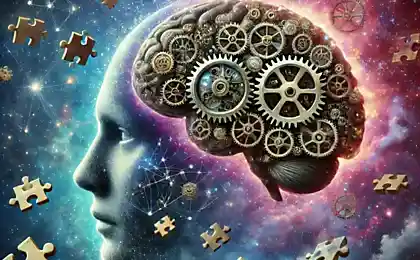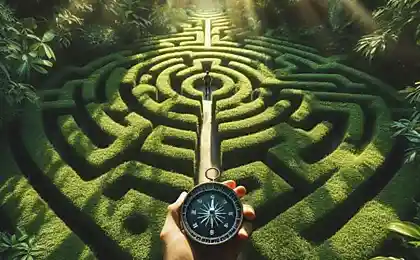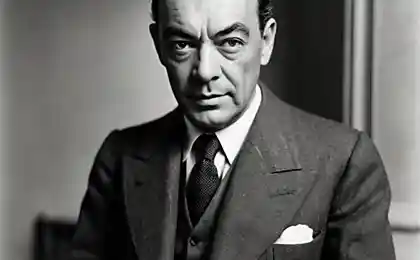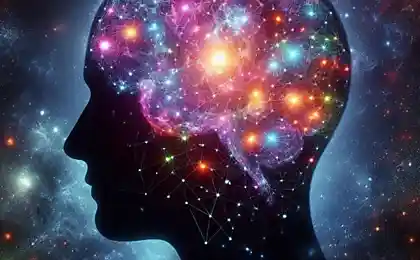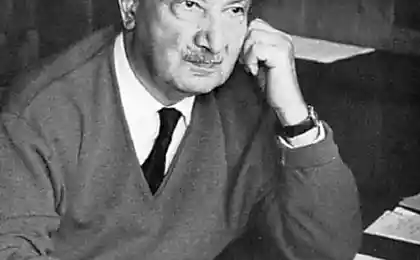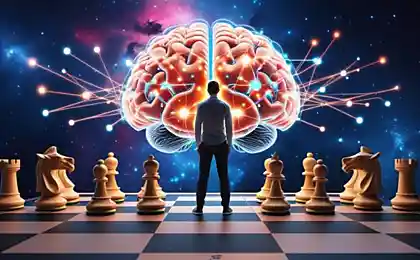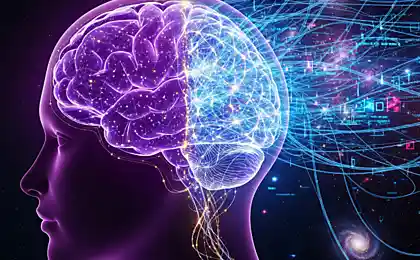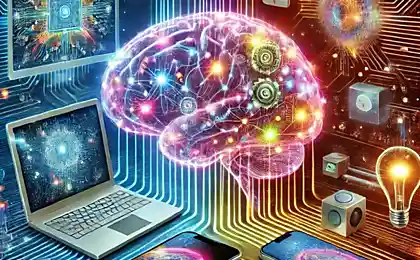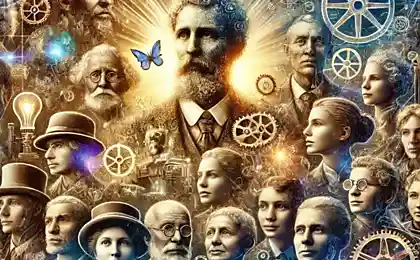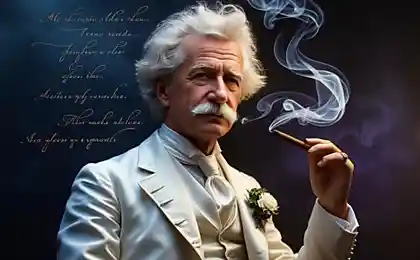159
Skeptic vs. Idealist: How two opposing views of the world coexist

Mind vs Heart: A Dialogue Between the Skeptic and the Idealist in Your Head
According to the Stanford Encyclopedia of Philosophy, 68 percent of people experience an internal conflict between rational analysis and emotional beliefs. This paradox is not a weakness, but an evolutionary advantage. Learn how to turn internal contradictions into an engine of personal growth.
The Anatomy of Contradiction: Why These Types of Thinking Are Inseparable
Neuropsychologists Nature Human Behaviour have found that areas of the brain responsible for critical thinking (prefrontal cortex) and empathy (island lobe) are activated synchronously when making complex decisions. This explains the phenomenon of “rational altruism,” the ability to help others by analyzing consequences.

5 Principles for a Productive Dialogue Between Skeptic and Idealist
1. Three-lens technique
When making a decision, consistently try on the roles:
- Scientist: What data supports this idea?
- Poet: What will it feel like to choose this path in 5 years? ?
- Judge: "What are the risks and ethical implications?"
2. Controlled risk method
The Oxford approach: Allow the idealist to dream, but set limits:
- Allocate 20% of resources to pilot projects
- Conduct “stress tests” of ideas through skeptics
- Record the results in the Balance Diary
3. Practice of “Emotional Audit”
Analyze once a month:
- What the skeptic's ideas were true
- What idealist prophecies have come true
- Where their interaction led to insight

Historical examples of synthesis: from Socrates to Elon Musk
An analysis of 120 biographies of great innovators (PNAS, 2022) found that 89% of them consciously cultivated both approaches. Nikola Tesla combined mysticism with exact calculations, and Marie Curie - the romanticism of science with pedantry of research.
Experiment: How to determine your “balance of power”
Take the 3-step test:
- Write down the 5 main principles of life
- Note which are rational and which are emotional.
- Create a manifesto with compromise formulations
Glossary
dialectics
Resolving Contradictions Through Synthesis of Opposites
Cognitive dissonance
The state of mental discomfort in the conflict of installations
Pragmatism
A philosophy that evaluates ideas by their practical consequences
9 Science-Based Ways to Boost Self-Esteem
7 Signs You Will Never Work With Your Boss (And How to Fix It)



